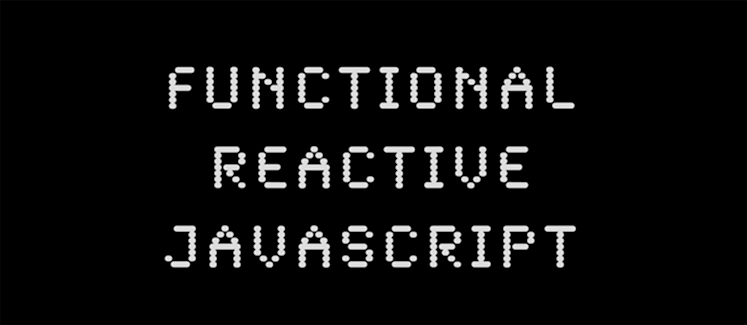Functional Reactive JavaScript Programming w/ Bacon.js

 The re-emergence of functional programming coincides nicely with the JavaScript renaissance. But where does the UI fit in?
The re-emergence of functional programming coincides nicely with the JavaScript renaissance. But where does the UI fit in?
Pete Hodgson of ThoughtWorks dropped by PubNub HQ for San Francisco JavaScript to answer just that. In his talk, Pete covers the core concepts of functional reactive JavaScript programming, while learning a practical application of them using Bacon.js.
He also walked through how to build user interface components in a clear, declarative style by modeling both user interaction and back-end processing using one clean abstraction: stream of events.
As you watch the video below, feel free to click through Pete’s slides. You can also check out the live examples from Pete’s talk here.]
Functional Reactive JavaScript – Pete Hodgson from PubNub on Vimeo.
Variables vs. Streams in Functional Reactive JavaScript Programming
In a regular JavaScript application, a variable is simply a snapshot of a value at a specific time. If you grab the value of a text field in a DOM element, and store it somewhere, that’s the value of that text field at that moment. If someone changes that text field, the variable doesn’t change, it’s just a snapshot at that point of time.
The innovation of functional reactive programming is we start thinking about things as streams. Streams are all possible future values over time. Say you grab a stream from a text field in a DOM element, you don’t just have the current value, but rather all future values of that text field. And that has major implications of how we program with JavaScript.
